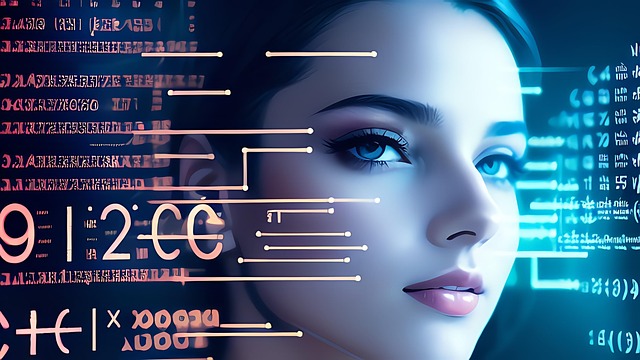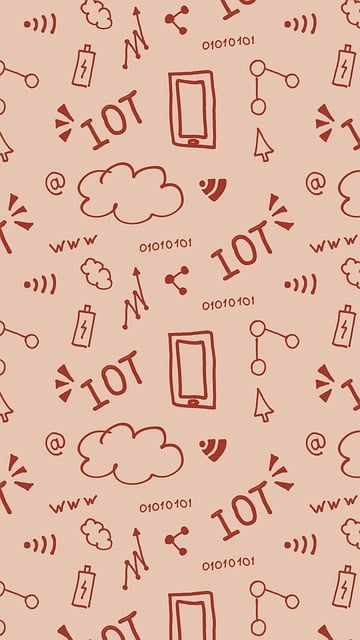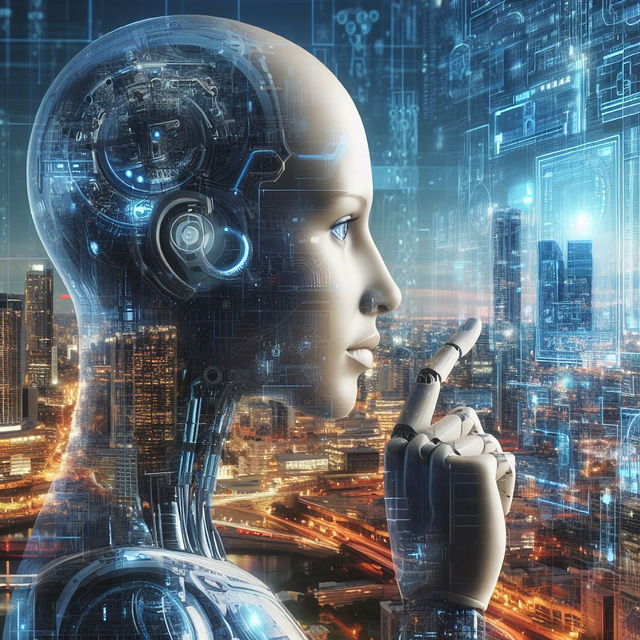Chatbot AI has transformed digital interactions with natural, conversational experiences. Powered by algorithms, NLP, and machine learning, chatbots simulate human conversation and adapt over time based on data analysis. They offer 24/7 assistance globally across various platforms, revolutionizing customer service, sales, and support. Chatbots range from rule-based for simple tasks to AI-driven for complex queries. AI training and customization are key to unlocking their potential, ensuring accurate, personalized responses aligned with brand identity. Future advancements in chatbot AI present opportunities and challenges, including ethical considerations, requiring responsible development for widespread adoption across sectors.
“Welcome to the evolving world of Chatbot AI, where conversational technology is transforming industries. This article serves as a comprehensive guide, exploring the intricate mechanics and vast potential of this innovative tool. From understanding the fundamentals of Chatbot AI technology to delving into various types, advantages, and industry applications, we provide insights for every level of understanding. Additionally, we discuss training methods, ethical considerations, and future prospects, ensuring you’re equipped with knowledge about this game-changing technology.”
- Understanding Chatbot AI Technology
- Types of Chatbot AI: Rules and Responses
- Advantages and Applications in Various Industries
- Training and Customizing Your Chatbot AI
- Future Prospects and Ethical Considerations
Understanding Chatbot AI Technology

Chatbot AI technology has revolutionized the way we interact with digital assistants, offering a more natural and conversational user experience. At its core, a chatbot is an artificial intelligence system designed to simulate human conversation through text or voice interactions. These intelligent agents utilize advanced algorithms, natural language processing (NLP), and machine learning techniques to understand and interpret user queries, enabling them to provide relevant responses.
The magic of Chatbot AI lies in its ability to learn and adapt over time. By analyzing vast amounts of data and user interactions, chatbots can improve their performance, expand their knowledge base, and deliver more accurate and personalized answers. Whether integrated into websites, messaging apps, or voice assistants, these virtual agents are transforming customer service, sales, and support processes by offering instant, 24/7 assistance to users worldwide.
Types of Chatbot AI: Rules and Responses

Chatbots powered by AI come in various types, each with its own distinct approach to interaction. One category is rule-based chatbots that operate on predefined rules and scripts. These chatbots are designed for straightforward tasks, such as providing basic customer support or delivering pre-programmed information. Their conversations flow according to the programmed paths, ensuring consistent responses.
In contrast, AI-driven chatbots leverage machine learning algorithms to understand and generate human-like text based on user inputs. They learn from vast datasets, enabling them to adapt to different conversational scenarios. This type of chatbot AI offers more flexibility and can handle complex queries, making them suitable for tasks like personal assistants or customer service representatives.
Advantages and Applications in Various Industries

Chatbot AI has emerged as a powerful tool, offering numerous advantages across various industries. One of its key strengths is the ability to provide 24/7 customer support, ensuring that inquiries and issues are addressed promptly, regardless of time zones or staffing schedules. This not only enhances customer satisfaction but also reduces response times compared to traditional call centers.
Additionally, chatbots can handle a high volume of basic queries simultaneously, freeing up human agents to focus on more complex tasks. They are particularly useful in sectors like retail and e-commerce, where they can assist customers with product recommendations, order tracking, and simple returns processes. In healthcare, chatbot AI can be employed for initial patient screening, scheduling appointments, and providing medical information, while in finance, chatbots can automate tasks such as account balance checks, transaction histories, and basic investment advice.
Training and Customizing Your Chatbot AI

Training and customizing your chatbot AI is a crucial step in harnessing its full potential. Chatbots are trained using vast datasets, learning from human interactions to understand user queries and generate contextually relevant responses. This process involves feeding the AI with diverse conversational examples, teaching it to recognize patterns and adapt to various user inputs. The more comprehensive the training data, the better the chatbot can handle a wide range of conversations.
Customization allows businesses to tailor their chatbot’s behavior and responses to align perfectly with their brand and customer needs. By fine-tuning the AI model, companies can ensure that the chatbot provides accurate information, follows specific guidelines, and maintains a consistent tone and style. Customization also enables the integration of industry-specific knowledge, making the chatbot an effective tool for personalized customer support and engagement.
Future Prospects and Ethical Considerations

The future prospects of chatbot AI are both promising and complex. As technology advances, chatbots are expected to become more sophisticated, with enhanced natural language processing capabilities, allowing them to understand and respond to human queries with greater accuracy and nuance. This evolution could lead to widespread adoption in various sectors, from customer service and healthcare to education and entertainment, revolutionizing the way we interact with digital systems.
However, alongside these potential benefits, ethical considerations cannot be overlooked. Data privacy, algorithmic bias, and the impact on employment are key issues that need addressing. As chatbots process vast amounts of user data, ensuring secure storage and transparent handling of this information is crucial. Moreover, efforts must be made to mitigate biases in training data to prevent discriminatory outcomes. Balancing innovation with ethical responsibility will be vital to shaping a future where chatbot AI serves as a beneficial tool for society without causing harm.
Chatbot AI technology has evolved significantly, offering a wide range of applications across various industries. From understanding user queries through advanced natural language processing to providing personalized responses, chatbots enhance customer service, streamline operations, and improve user experiences. As we look ahead, focusing on ethical considerations and continuous innovation will be crucial in maximizing the potential of chatbot AI while ensuring their responsible deployment.
